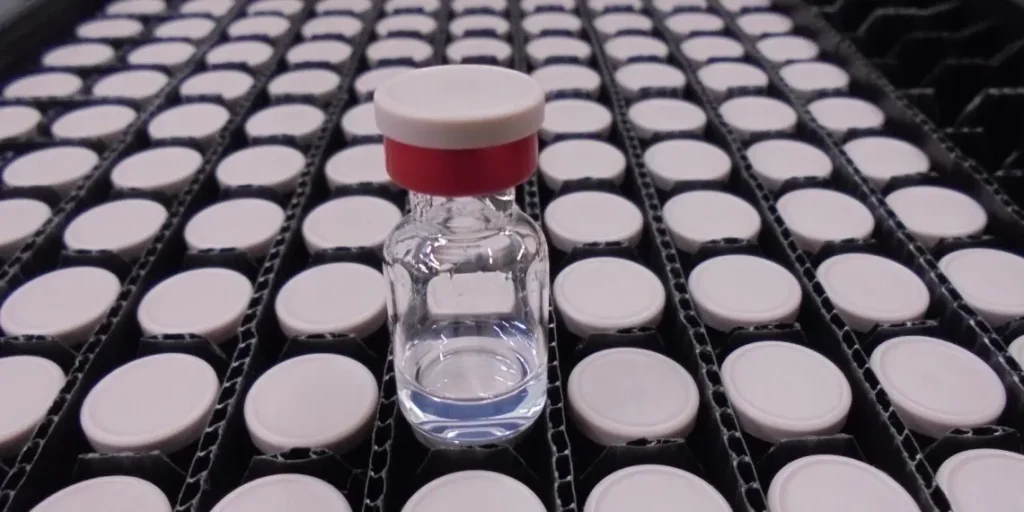
Source: Agency Report

In a significant move to address Nigeria’s immunisation gaps, lawmakers from four northern states—Bauchi, Borno, Kano, and Sokoto—have made a bold commitment to reduce the number of zero-dose children nationwide. Dubbed the “Lagos Declaration”, this legislative push is being hailed as a critical step in bridging the country’s vaccine equity gap.
The initiative was formalised during a two-day Legislative Retreat on Immunisation Equity, held from July 18 to 19 in Lagos. The retreat brought together members of the National Assembly, State Houses of Assembly, and key health stakeholders under the Zero Dose Learning Hub (ZDLH) initiative. With the theme “Legislative Partnerships for Reaching Zero-Dose Children in Nigeria,” the event served as a platform for evidence-based, strategic planning to reach the most vulnerable populations.
According to Hon. Amos Magaji, Chairman of the House Committee on Health Care Services, the retreat emphasised legislative responsibility in addressing the nation’s immunisation challenges. “This isn’t just a health issue—it’s a national development emergency,” Magaji stated. “The time for fragmented efforts is over. The legislature must lead from the front.”
The World Health Organization (WHO) and UNICEF estimate that approximately two million Nigerian children remain unvaccinated, particularly in remote and conflict-affected areas. These “zero-dose” children have not received even a single dose of any routine vaccine, placing them at severe risk of preventable diseases.
The ZDLH initiative, supported by global development partners, is applying the IRMMA Strategy—Identify, Reach, Monitor, Measure, and Advocate—to pilot scalable, community-led solutions in the four focus states.
Several systemic issues were highlighted during the retreat:
These challenges, Magaji noted, have contributed to Nigeria being among the top five countries globally with the highest number of zero-dose children.
The retreat concluded with a communique detailing concrete legislative actions:
Stakeholders agree that this legislative retreat is more than symbolic—it marks a potential turning point in Nigeria’s fight to ensure no child is left behind in receiving life-saving vaccines.
“We are confronting a preventable tragedy,” Magaji said. “Too many Nigerian children are still missing out on vaccines. This retreat is about taking legislative responsibility for health equity.”